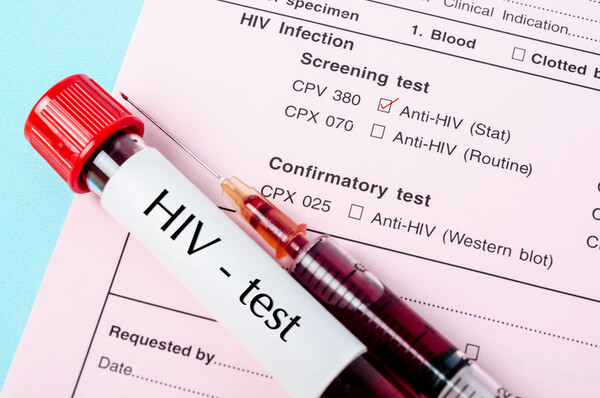An online survey conducted by Love4One, a human immunodeficiency virus (HIV) patient advocacy group, has highlighted the psychological burdens and treatment adherence challenges faced by HIV patients in Korea.
The survey, participated by 164 HIV patients from July 16 to July 31, 2024, sought to understand the current treatment landscape for HIV patients in the nation.
According to the findings released on Wednesday, the majority of respondents in their 30s, who represent 47.8 percent of the surveyed population, said they face significant stigma and discomfort due to public perceptions when taking their HIV medications.
Also, the fear of disclosing their HIV status remains the biggest hurdle, with 73 percent expressing concerns over exposure due to daily medication routines.

The duration of HIV treatment among participants varied, with 57 percent having been on treatment for over five years, followed by 24 percent between one and three years, 16 percent between three and five years, and 3 percent undergoing treatment for less than a year.
The survey also revealed that over 70 percent of the respondents are worried about people knowing about their condition due to their medication schedule.
About 51 percent reported feelings of depression and discomfort every time they take their HIV medications, while 46 percent admitted to having missed doses in the past three months, often due to forgetfulness or fear of exposure during travel or social events.
Patients want different treatment options
The survey also showed that 68 percent of the surveyed patients expressed a preference for long-acting injectable treatments as a viable alternative to daily pills.
This preference is largely due to the potential to reduce the daily reminder of their condition and minimize the risk of stigma. Of those who prefer the injectable option, 85 percent highlighted the reduced burden of daily medication, and 75 percent noted the minimized exposure to stigma as their main reason.
Despite the benefits, some concerns remain about the injectable treatment, with 26 percent unsure about switching and 6 percent preferring to stick with their current regimen.
The most significant barriers to adopting the injectable option include the need for bi-monthly hospital visits, cited by 88 percent of the hesitant respondents, as well as fears of pain, side effects, and potential resistance to the treatment.
"While treatment efficacy has improved, social misconceptions continue to impose significant challenges on those living with HIV," Love4One President Park Kwang-seo said. “For quicker integration of various treatment options into clinical practice and ultimately, an improvement in societal attitudes towards HIV to alleviate the social stigma and discrimination faced by patients.”
Related articles
- HIV treatment shifts focus to long-term care and comorbidity management
- GSK Korea holds event to raise HIV awareness
- ‘HIV: A manageble chronic disease but early diagnosis is key’
- 'Korea's negative perception of HIV hindering patient diagnosis'
- GSK’s long-acting HIV shot offers more than relief. In Korea, it offers privacy.
- Gilead's RED campaign in Korea aims to end HIV stigma, discrimination

